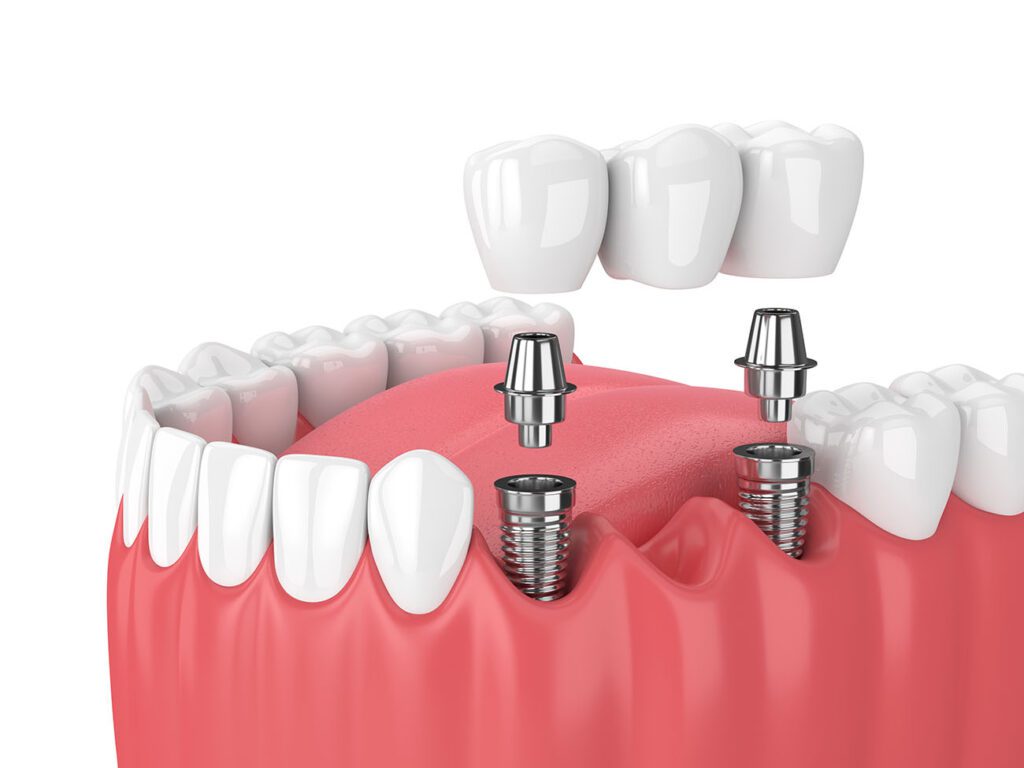Tooth loss can affect your bite and smile in a variety of ways. Not only does the gap left behind impact the appearance of your smile, but it can also lead to shifting and an uneven bite. If you’re missing teeth in Baltimore, MD, the sooner you get treatment, the better. Waiting too long to restore even a single missing tooth could result in worsening dental conditions. Depending on how many teeth you’re missing and where they are located, your dentist can provide a few different treatment options to help restore your smile.

Treatment for Missing Teeth in Baltimore, MD
When you lose a tooth, your entire mouth is affected. Neighboring teeth can shift out of place, your gums are more open to infection, and your bite becomes uneven, which often leads to jaw disorders. As time goes on, you could also experience a loss of bone density in your jaw and potential facial sagging. But if you get treatment for your missing teeth as soon as possible, you can help restore your bite and prevent future dental concerns.
Dental Implants
If you’re missing a single tooth, your dentist will likely recommend a single dental implant. Implants are some of the most effective treatment options for patients with a missing tooth. The implant post mimics the natural root structure of your tooth. This helps to retain bone density in your jaw and provide bite support. After getting an implant surgically placed, patients will need to wait a few months to heal before getting a dental crown to complete treatment.
While dental implants are the most recommended treatment option, it’s important to keep in mind that they may not be available for everyone. An effective implant needs a healthy mouth to begin with. If you have gum disease or bone loss, you may need to undergo additional treatment prior to getting a dental implant.
Dental Bridges
Dental bridges are another option for patients missing a single tooth. But they can also be used to help patients who are missing multiple teeth in a row. Dental bridges are most effective when they are secured by implants. However, your dentist may also be able to provide a traditional bridge. A traditional bridge is supported by dental crowns on the neighboring teeth. After examining your mouth and bite, your dentist will recommend the best type of bridge to restore your smile.
Dentures and Partial Dentures
Dentures are a great restoration option for patients who are missing multiple teeth or even an entire arch of teeth. Like bridges, a denture can be implant-secured to help ensure its stability and strength in your mouth. However, dentists can also offer ‘immediate dentures’ which help keep your mouth healthy while waiting for more permanent treatment. ‘Immediate dentures’ are removable and held on with an adhesive paste, whereas implant-secured dentures are permanently set in your mouth.
If you’re missing teeth, don’t hesitate to get treatment. The longer you wait, the more damage your mouth could suffer. Call Cosmetic & Advanced Dentistry right away at (410) 697-6290 to schedule a consultation and learn more about your options for missing teeth treatment.
